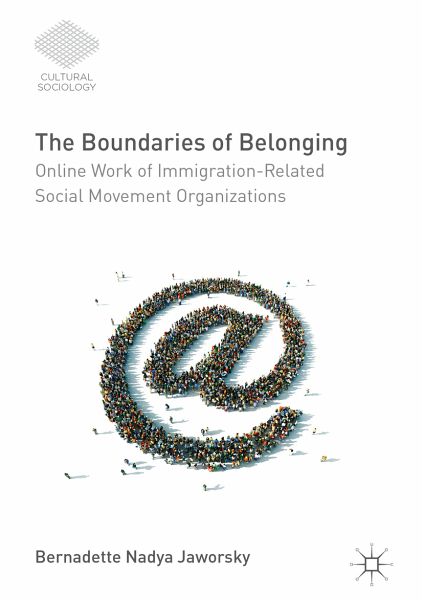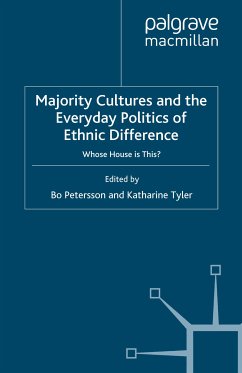
The Boundaries of Belonging (eBook, PDF)
Online Work of Immigration-Related Social Movement Organizations
Versandkostenfrei!
Sofort per Download lieferbar
72,95 €
inkl. MwSt.
Weitere Ausgaben:

PAYBACK Punkte
36 °P sammeln!
This book addresses an issue currently making political headlines in the United States-immigration. Immigrants have long engendered debates about the boundaries of belonging, with some singing their praises and others warning of their dangers. In particular, the 11 million unauthorized immigrants in the country provoke heated disagreements with issues of legality and morality at the forefront. Increasingly, such debates take place online, by organizations in the immigrant rights and the immigration control movements, who engage in symbolic work that includes blurring, crossing, maintaining, so...
This book addresses an issue currently making political headlines in the United States-immigration. Immigrants have long engendered debates about the boundaries of belonging, with some singing their praises and others warning of their dangers. In particular, the 11 million unauthorized immigrants in the country provoke heated disagreements with issues of legality and morality at the forefront. Increasingly, such debates take place online, by organizations in the immigrant rights and the immigration control movements, who engage in symbolic work that includes blurring, crossing, maintaining, solidifying, and shifting the boundaries of belonging. Based on data collected from 29 national-level groups, this book features a cultural sociological analysis of the online materials deployed by social movement organizations debating immigration in the United States.
Dieser Download kann aus rechtlichen Gründen nur mit Rechnungsadresse in A, B, BG, CY, CZ, D, DK, EW, E, FIN, F, GR, HR, H, IRL, I, LT, L, LR, M, NL, PL, P, R, S, SLO, SK ausgeliefert werden.












